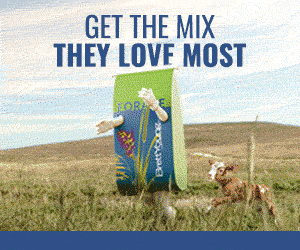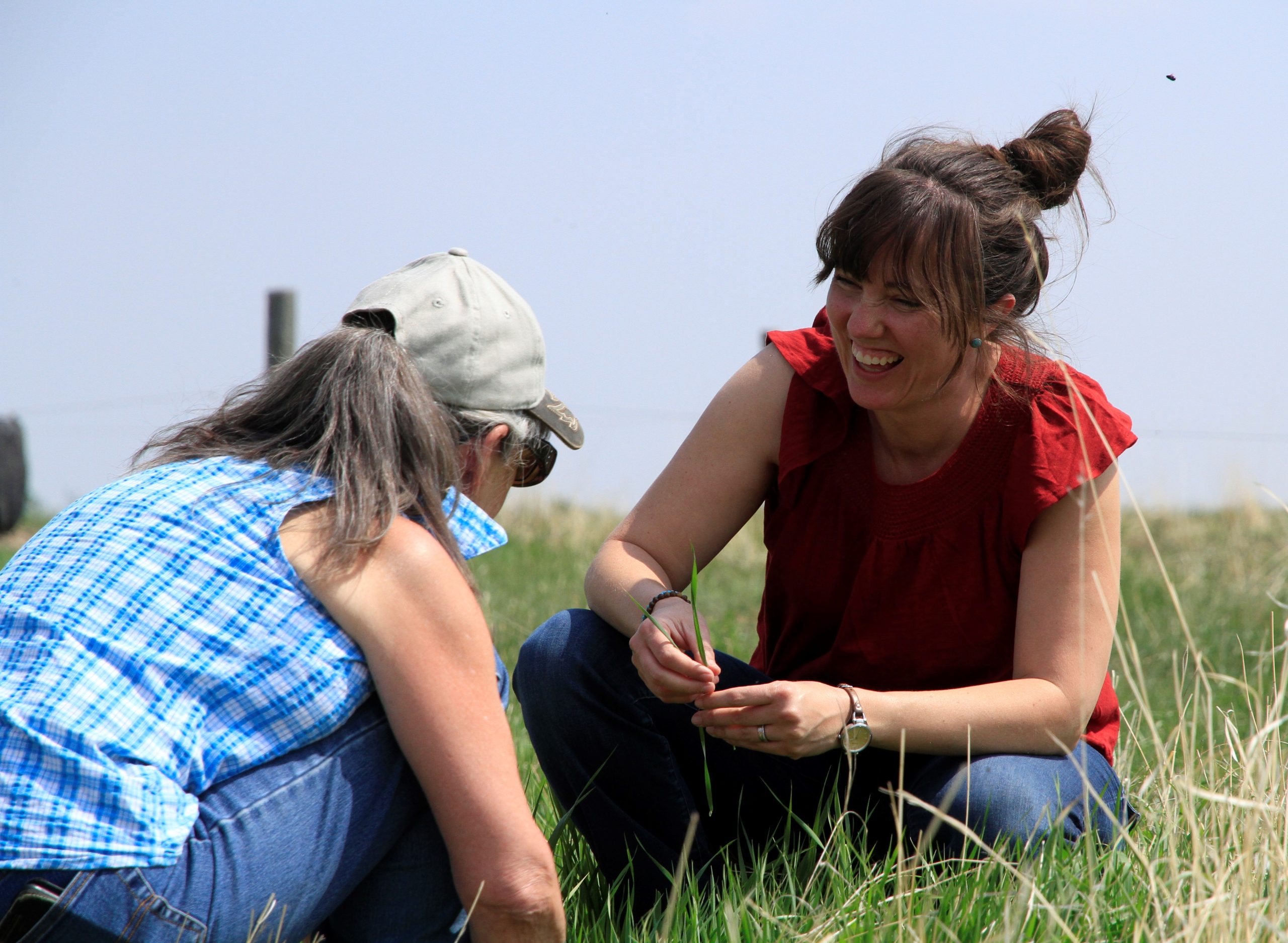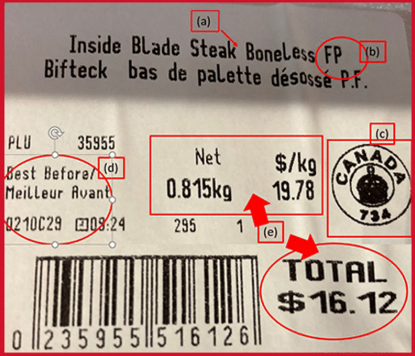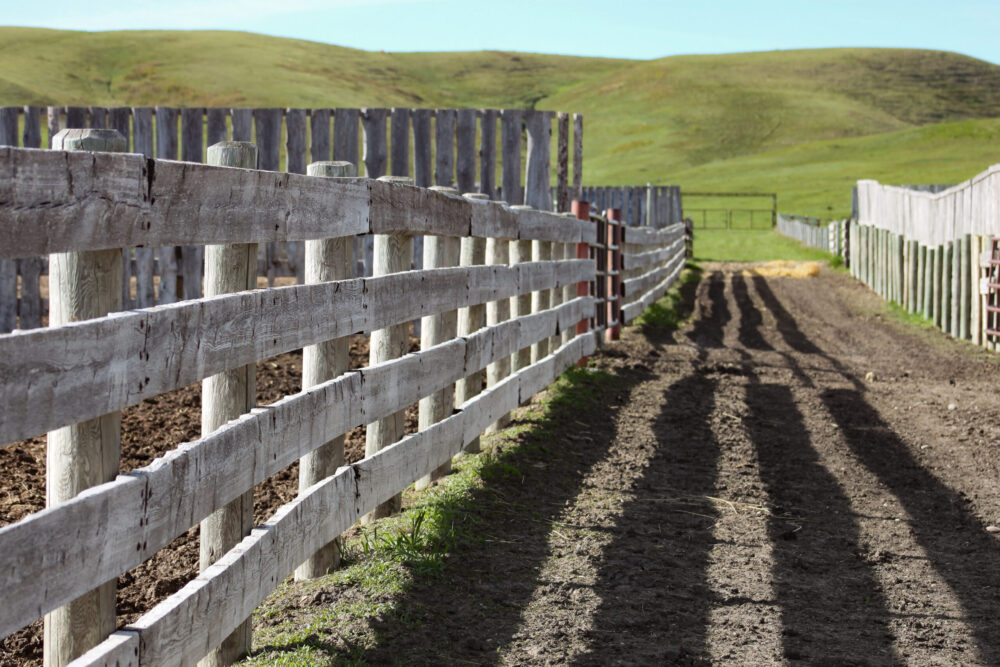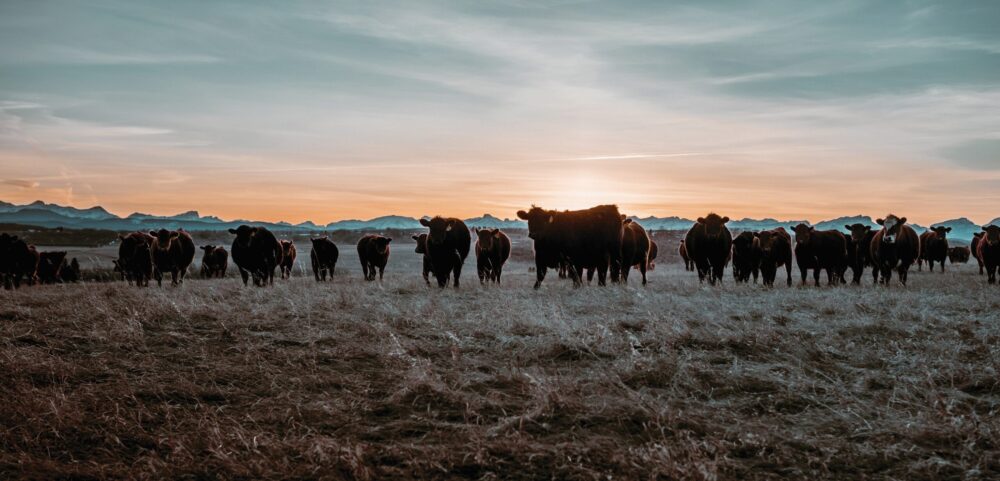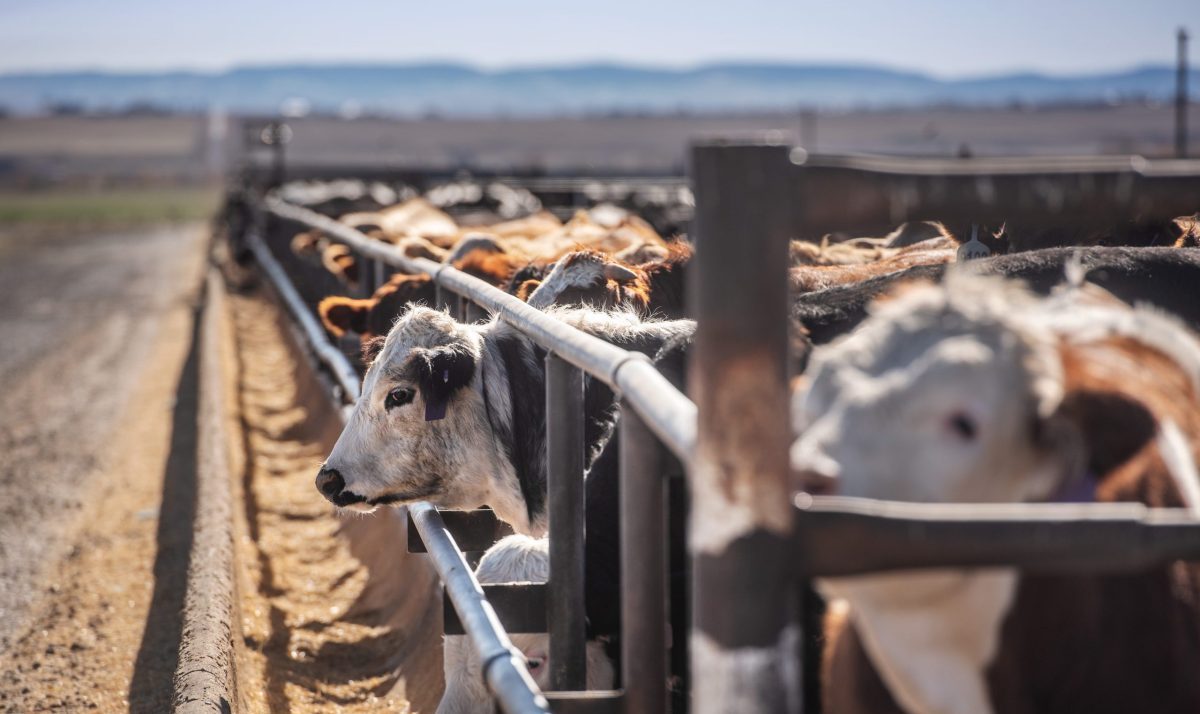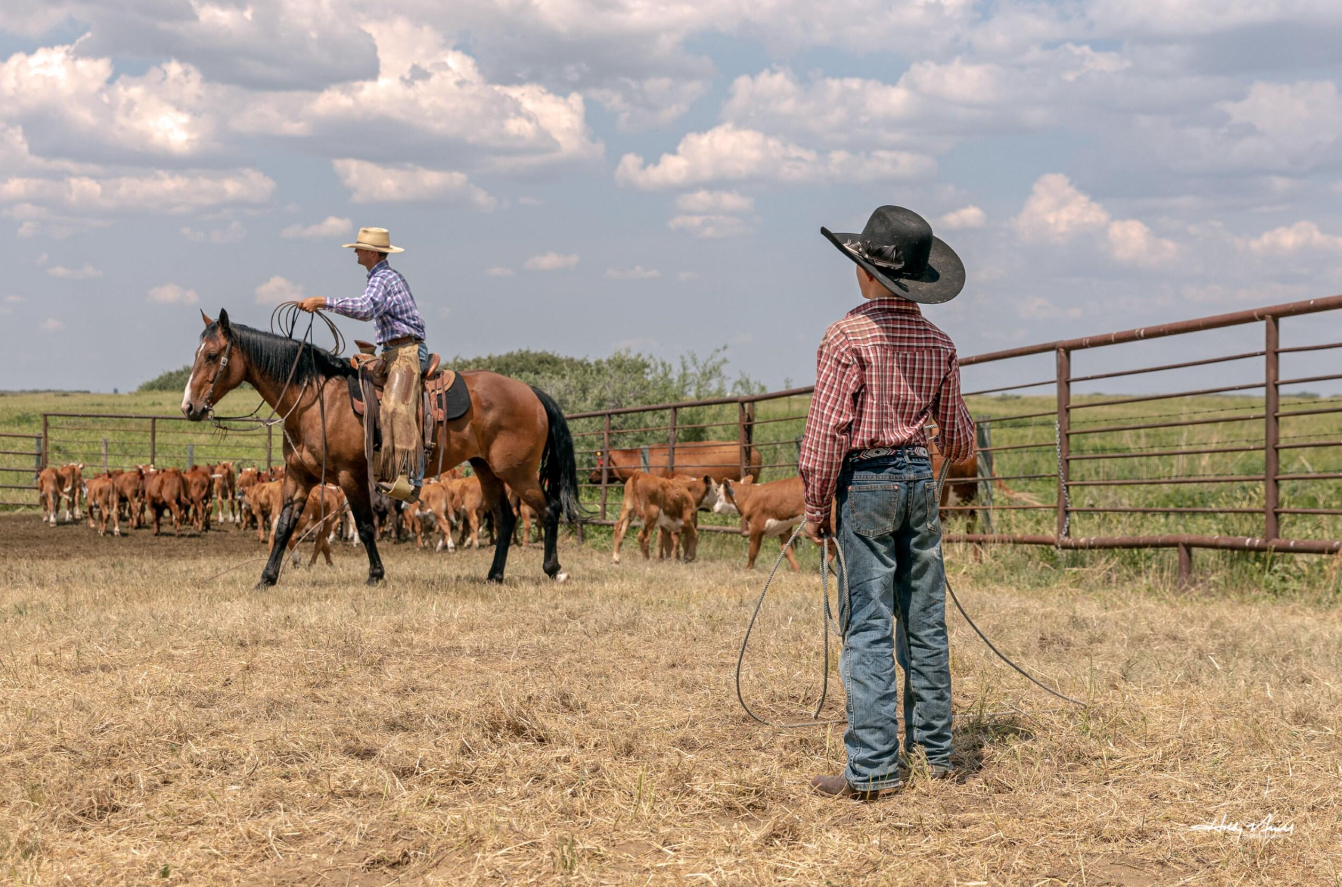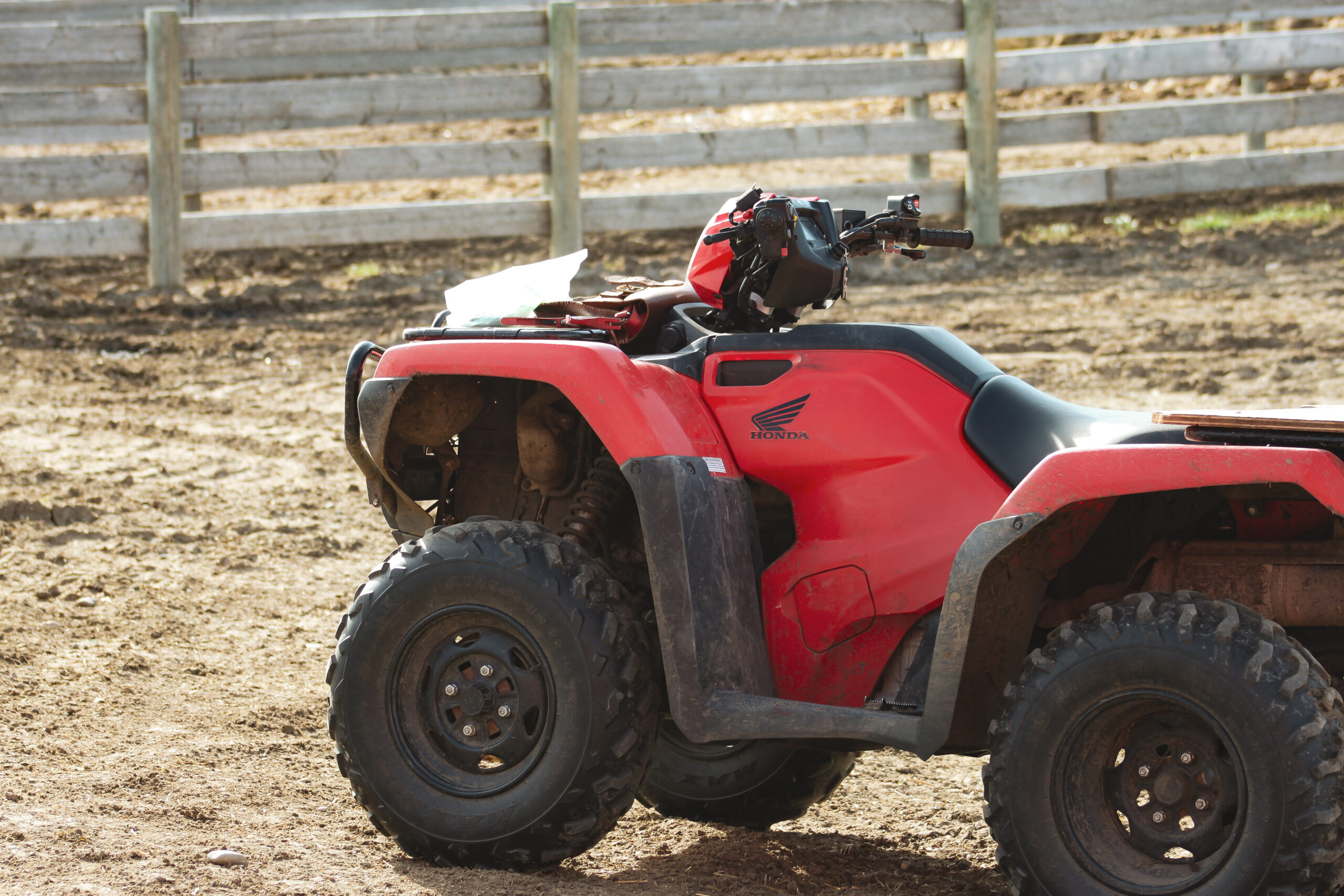AB Direct - Steers
Rail: 530.00-535.00 del
AB Direct - Heifers
Rail: 530.00-535.00 del
US Trade- Steers
Rail: 382.00-384.00 (NE, IA)
US Trade - Heifers
Rail: 382.00-384.00 (NE, IA)
Canadian Dollar
0.20
Tyler Fulton on CCA priorities and leadership
What happens when a cattle producer walks straight into a trade war? That’s exactly the whirlwind Tyler Fulton stepped into when he became the new president of the Canadian Cattle Association (CCA) this March. In Season 3, Episode 10 of The Bovine podcast, brought to you by Alberta Beef Producers, host Kara Mastel sits down…
Valuegraphics 101: Why people really care
In Season 3, Episode 7 of The Bovine podcast, host Kara Mastel welcomes keynote speaker and human values expert David Allison for a conversation that redefines how the beef industry — and all industries — can connect with people in today’s shifting landscape. Fresh from the stage at the Alberta Beef Industry Conference, David breaks…
The future of water in Western Canadian agriculture
What happens when your most reliable water source melts away? That’s the urgent question at the heart of this episode of The Bovine podcast, hosted by Kara Mastel and brought to you by Alberta Beef Producers. This week’s guest, Dr. John Pomeroy, offers a deep dive into the future of water in the Canadian Prairies…
How to read a meat label
Ever wondered what the information on the label of beef means? There’s much to know! Here’s some guidance on the basics. We like to call it anatomy of a label. So much info on this tiny sticker! (a) The Name: This is the official beef cut name. The official name, tells you if the cut is…
Saskatchewan cattle herd declared infected with bovine tuberculosis
The Canadian Food Inspection Agency (CFIA) investigation and testing following a November 29, 2024, case of bovine tuberculosis (bovine TB) has detected the disease in the birth herd of the infected animal. There have been three additional confirmed cases in the animals tested to date. All animals over twelve months of age will be tested to determine…
Tariff trouble: What it means for Canadian cattle producers
In the first episode of the third season of The Bovine podcast, host Kara Mastel tackles one of the many concerns facing Canadian cattle producers today — potential U.S. tariffs on Canadian goods. With newly inaugurated U.S. President Donald Trump reiterating his threat to impose a 25 per cent tariff on Canadian imports, the beef…
Presenting Alberta Beef Producers’ 2024 Annual Report
Alberta Beef Producers’ (ABP’s) 2024 Annual Report is now available for download. In addition to ABP’s financial report, you’ll find the following updates:
Installing RCC in your feedlot pens? Here are some things to consider
Are you thinking about installing roller compacted concrete (RCC) as a liner at your feedlot? You may need a permit under the Agricultural Operation Practices Act (AOPA). RCC as a secondary liner (over an existing liner) If you are planning to install RCC over an existing liner for which you have a permit under AOPA…
Empowering the next generation of farmers: AFSC’s evolving Next Generation Loan
This article was first published in Volume 4 Issue 3 of ABP Magazine (September 2024). Watch for more digital content from the magazine on ABP Daily. The Next Generation Loan program offered by Agriculture Financial Services Corporation (AFSC) has been a crucial tool for helping young and new producers overcome the financial hurdles of entering or returning to farming….
The Bovine: Three pillars of sustainability with PSE
For this episode of The Bovine, Kara Mastel sits down with Jenna Sarich, Stakeholder Engagement Technical Consultant with Public and Stakeholder Engagement (PSE). The duo discuss the ins and outs of PSE, results from a recent national sustainability survey, the importance of telling the story from the farm, and more. Tune in below, download for later,…
PlayCleanGo Awareness Week: Protecting our outdoor spaces
Play Clean Go is an annual event celebrated across North America, uniting outdoor enthusiasts in Canada, the U.S., and Mexico. The mission? To prevent the spread of invasive species while enjoying our beloved landscapes. The North American Invasive Species Management Association (NAISMA) is hosting its annual PlayCleanGo Awareness week from June 1-8, 2024, across North…
Alberta Association of Agricultural Societies supporting wildfire evacuees
In the face of wildfires, the Alberta Association of Agricultural Societies (AAAS) has stepped up to provide critical assistance to evacuees and their livestock. As flames continue to threaten communities across the province, AAAS has mobilized its network of agricultural facilities to offer refuge and support. AAAS is recognizing the urgency of the situation and…


